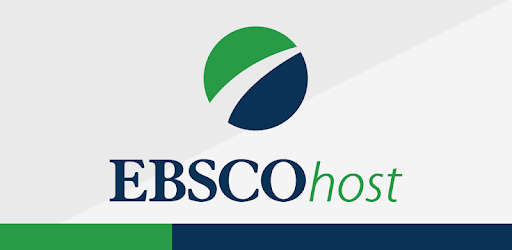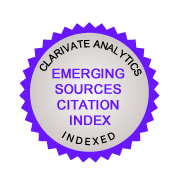The United States: Still a Global Hegemonic Power?
Abstract
This article argues that U.S. hegemony has not declined since the end of the Cold War as claimed in much of the international relations literature. On the contrary the post Cold War international political landscape is still characterized by unipolarity in which the U.S. is the sole superpower. However what is questionable is how long the U.S. can sustain its global hegemonic power. The paper begins by discussing how hegemony has been defined. Then, while arguing that the alleged decline of U.S. hegemony by the declinists is too simplistic, the article underlines research that brings the present preponderance of U.S. power in the global politics into question. The article further describes U.S. unprecedented capabilities and its leadership in the security and economic frameworks that have constituted the foundation for the international order to provide empirical evidence to support the assertion that the U.S. remains a global hegemon.
References
Additional Files
Published
06-01-2020
Issue
Section
Articles
How to Cite
The United States: Still a Global Hegemonic Power?. (2020). Journal of International Studies, 8, 15-29. https://e-journal.uum.edu.my/index.php/jis/article/view/7924














